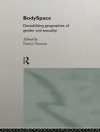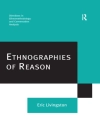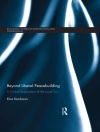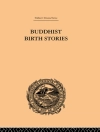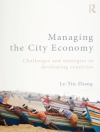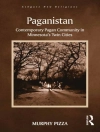Western society is individualised; we feel at ease talking about individuals and we study individual behaviour through psychology and psychoanalysis. Yet anthropology teaches us that an individual approach is only one of many ways of looking at ourselves.
In this wide-ranging text Morris explores the origins, doctrines and conceptions of the self in Western, Asian and African societies passing though Greek philosophy, Buddhism, Hinduism, Confuscism, Tao and African philosophy and ending with contemporary feminism.
Scholarly and written in a lucid style, free of jargon, this work is written from an anthropological perspective with an interdisciplinary approach. Morris emphasises the varying conceptions of the self found cross-culturally and contrasts these with the conceptions found in the Western intellectual traditions.
विषयसूची
1. Introduction
2. Greek Philosophy and Concepts of the Psyche
3. Buddhism and the Doctrine of the No-Soul (Anatta)
4. The Hindu Conception of the Self
5. Taoism, Confucianism and the Chinese Self
6. African Philosophy and Conceptions of the Self
7. People as Social Beings: Conceptions of the Self in Oceania
8. Feminist Philosophy and the Theory of the Self
लेखक के बारे में
Brian Morris is the author of several books on anthropology and natural history including Anthropological Studies of Religion (Cambridge University Press, 1987) and Western Conceptions of the Individual (Berg 1991). He teaches anthropology at Goldsmiths College, University of London.



